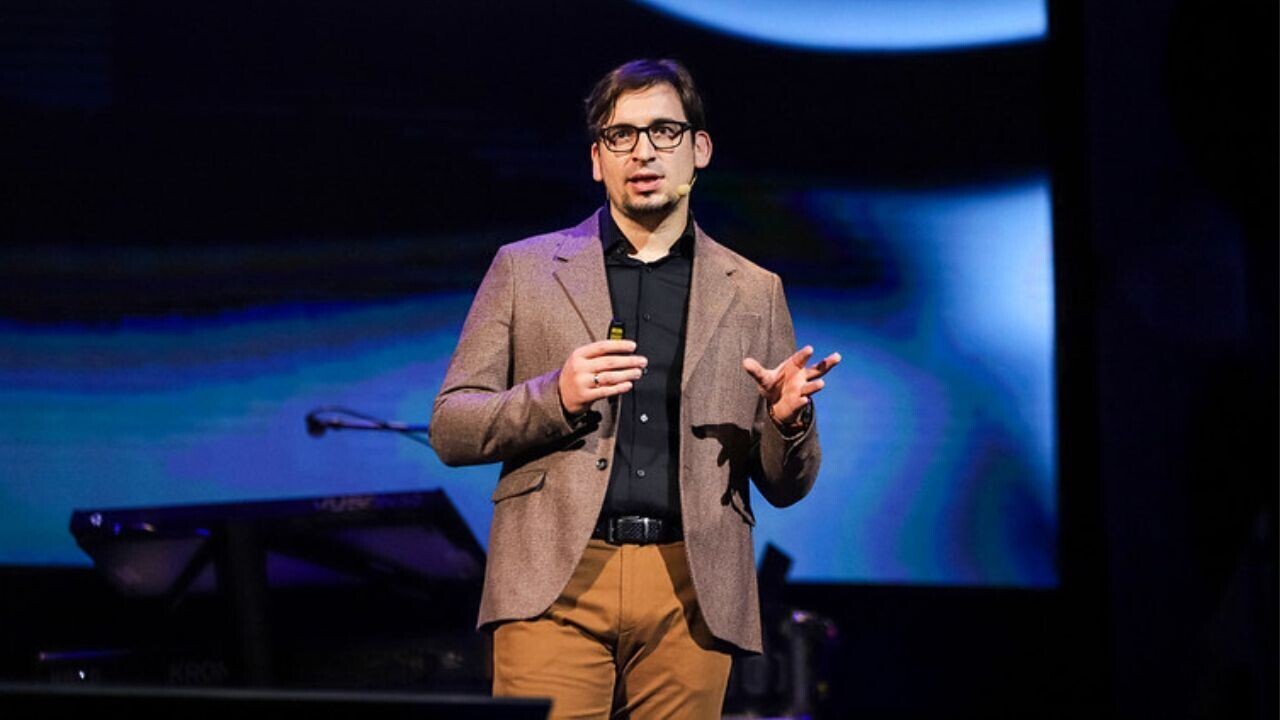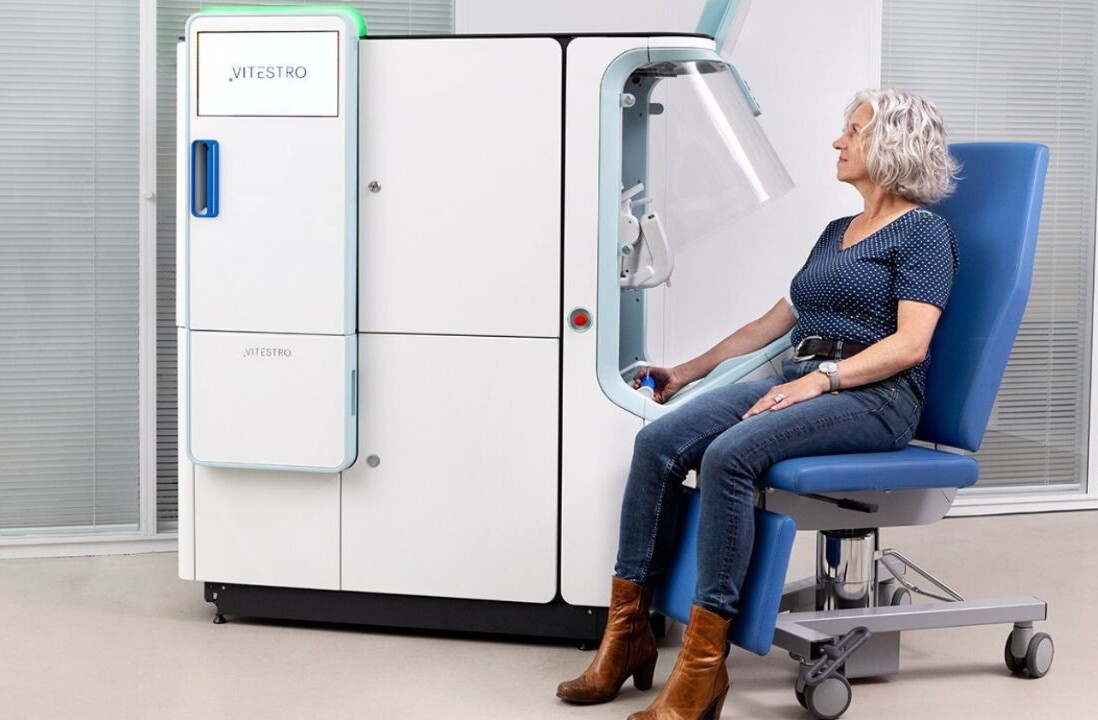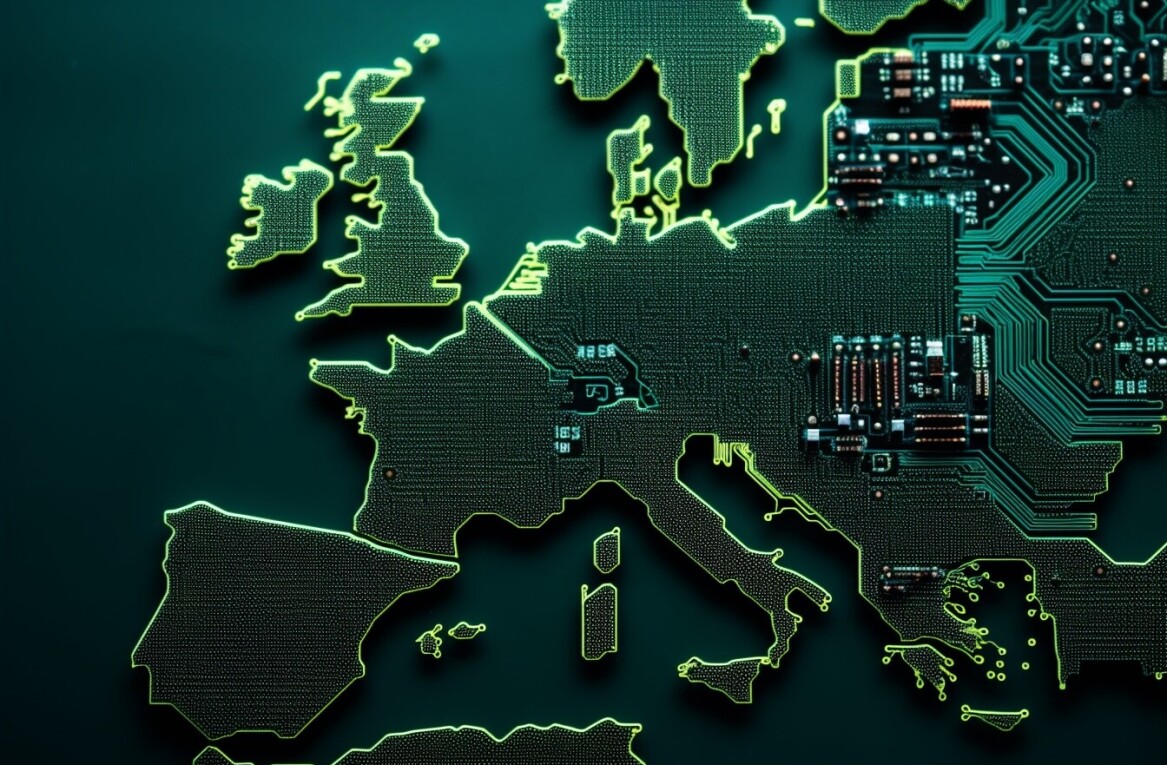
The war in Ukraine extends beyond the front lines. While soldiers risk their lives on battlefields, those left defend the home front — and the economy.
The conflict has ravaged businesses, but the tech ecosystem has shone amid the gloom. In the first quarter of this year, the industry generated a record $2 billion in export services. IT Arena 2022, an annual conference in the city of Lviv, showcased the sector’s vital role in the war — and in the peace that will follow.
The event is the brainchild of Lviv IT Cluster, a community of companies, authorities, and universities that’s turning the local region into the tech center of Eastern Europe.
This year’s edition faced unprecedented challenges. The organizers had to ensure the safety of every participant, adapt the event format to the wartime situation, and gather international speakers in a country under invasion. Overcoming these obstacles provided further evidence of Ukraine’s strengths.
“Conferences like this show that we’re really resilient,” said Stepan Veselovskyi, CEO of Lviv IT Cluster. “Even during a war, we are able to organize an exciting tech event, bring startups here, and attract investment.”
To ensure a safe and successful event, IT Arena scaled down this year to 1,000 attendees. There were also fewer entries to the illustrious Startup Competition.
Nonetheless, the contenders showed the power of technology in difficult times, with their focus on real-world problems. Notably, five of the ten finalists focused on healthtech services.
Some of the solutions on display are already saving lives. DonorUA, which provides an automated system for blood donation, has connected 7,000 people with donors.
It’s not only lives the teams are saving. Another app, Palianytsia, was created to advance the Ukrainian language. The founders believe language is a matter of national security.
The event commenced with the semi-finals of the startup competitions.

Olga Diachuk, the COO of Mosqitter, which won the grand prize last year, explained the impact that the competition can have. Despite the war, the company has generated revenue, raised investments, launched a sales team, and even developed a new product line.
“Difficulty brings you opportunities and possibilities for growth,” Diachuk said. “It shows you who you really are, what you are made of, and how smart you are.”
Diachuk is one of many women who have taken leading roles at tech firms since most men were made eligible for conscription.
Another one is Iryna Savytska, who runs a blockchain-based startup with her husband. While he stayed to fight, she sought safety for their children. First in Italy, where the fireworks gave her flashbacks, and then in Silicon Valley to study at Draper University’s renowned entrepreneurship program.
Savytska’s company, Bank of Memories, preserves digital assets for inheritance. But her focus at IT Arena is providing mentorship for the startups in attendance.
“This event shows that, despite war, people are coming to support the sector,” she said.
A change of scene
After the semi-finals of the contest, the event shifted to the opulent surroundings of the Lviv National Opera — a stunning reminder of Ukraine’s rich cultural heritage.

The venue hosted a diverse array of sessions over the next two days. Speakers included Haluk Bayraktar, CEO of Turkish UAV giant Baykar, Illia Ponomarenko, an award-winning defense reporter at the Kyiv Independent, and Victor Zhora, Deputy Chairman of the State Service of Special Communications and Information Protection of Ukraine. The innovations they discussed were further proof that necessity is the mother of invention.
While many talks focused on military technology, there was also space on the schedule for regular IT business.
Alex Bornyakov, Ukraine’s Deputy Minister of Digital Transformation, believes the event will have a powerful impact.
“We see IT Arena as a great communication platform for a tech business, the community, and the government,” he said. “All the stakeholders can discuss current challenges and jointly find solutions. Without dialogue, it would be difficult to maintain the current pace of industry development in such a tough time.”
The government has good reason to support the growing sector. One of the main goals of the Zelenskyy administration is to increase the industry’s share of the country’s GDP from the current 4% to 10% by 2024. IT Arena will give those targets a boost.

The conference concluded with the announcement of the Startup Competition winner: WRAP, an app that automates video production flows. The team took home a $20,000 prize.
“Our win is, first of all, a sign of big morale support,” said Stephen Skoropadsky, Chief Product Officer at WRAP.
“It has definitely positively charged us for the upcoming year. Moreover, we’ve already met a few cool investors and talked to representatives of venture funds and angels. We’re planning to use the grant money for legal paperwork, development, and current subscriptions.”

The competition runner-up was Knopka, which provides an advanced patient monitoring system for hospitals. Third place went to Nanit Robotics, a developer of edtech solutions for kids and adults in STEM.
Despite an 11 PM curfew, there was still some time for fun. The event featured a surprise concert by Antytila, a Ukrainian band that recently collaborated with Ed Sheeran.

Taras Topolia, Antytila’s lead singer, admitted he was slightly nervous: this was his first time on stage since the February invasion.
Some attendees expressed a sense of “survivor’s guilt,” but Topolia gave a compelling reason to enjoy the moment. He recalled a mythical story about Winston Churchill. At the height of World War II, Britain’s then-Prime Minister was asked to cut funding for arts. His reply was straightforward: “Then what are we fighting for?”
The tale may be apocryphal, but the sentiment is real. It was another reminder of IT Arena’s importance — and the power of Ukraine’s tech sector when it comes together.
In 2023, the event will return for its 10th birthday. The community hopes to have much more to celebrate by then.
Get the TNW newsletter
Get the most important tech news in your inbox each week.




